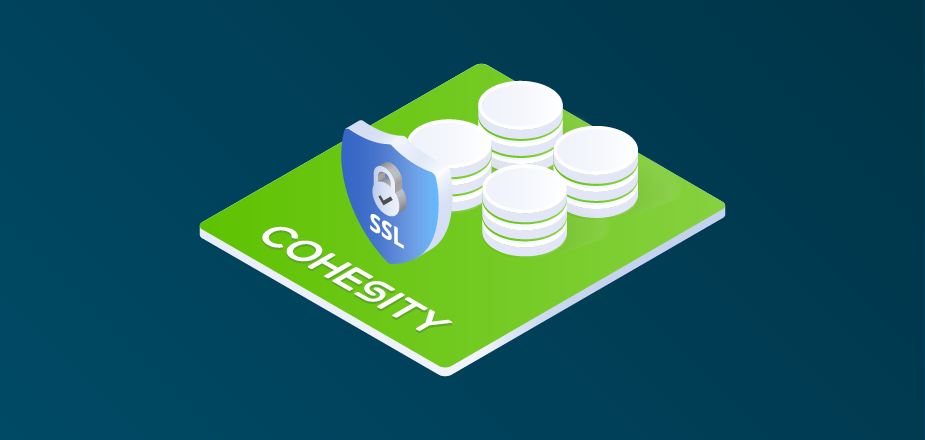You’d have to be living on a desert island to have missed hearing about AI and all its buzzworthy hype. AI dominates headlines, podcasts, career doomsday blogs, and debates about college admissions essays. But all that noise aside, AI represents a paradigm shift in how we live, work, and learn. And we’ve barely scratched the surface.
But don’t worry, this blog is not another AI primer. Rather, I’m fascinated by one of the conversations that’s surfacing within the umbrella of AI—responsible AI. The notion of “responsible AI,” also known as ethical AI or trustworthy AI, is the practice of developing and deploying AI systems in a way that upholds ethical principles, legal compliance, and societal values. (It’s reassuring that there are some very smart people thinking about this topic). Responsible AI ensures that AI technologies are designed, implemented, and used in ways that minimize potential harm, biases, and negative consequences while maximizing their positive impact on individuals and society as a whole.
Ethical considerations of AI
AI is used in virtually every industry, from autonomous vehicles (we hear about this one daily) to financial markets and everything in between. Consider the next time you have a physical with your doctor. Healthcare providers commonly use AI for medical diagnoses and treatment recommendations. Those AI outputs are based on all the patient data that has been accumulated by that provider (or other large data lakes the healthcare system has access to). Responsible AI is critical to ensure that your diagnosis and treatment options are accurate and secure, and that your privacy is protected. Responsible AI is critical to building trust in AI systems and ensuring:
Ethical decisions: Ensuring responsible AI aligns with fairness, transparency, accountability, and privacy. It helps prevent the misuse of AI for harmful purposes and promotes AI systems that respect human rights and dignity.
Avoiding bias and discrimination: AI algorithms can inadvertently perpetuate biases present in the data used to train them. Responsible AI aims to identify and mitigate such biases to ensure fair treatment and equal opportunities for all individuals.
Legal compliance: Many countries and regions have established laws and regulations governing the use of AI, particularly in sensitive areas like healthcare, finance, and criminal justice. Adhering to these regulations is essential to avoid legal consequences and liability.
Trust and adoption: Responsible AI fosters trust among users, stakeholders, and the general public. Trust is crucial for the widespread adoption of AI technologies, as people are more likely to embrace and use AI systems they perceive as reliable and safe.
Risk mitigation: AI systems can sometimes make mistakes or exhibit unexpected behaviors. Responsible AI practices include measures to identify and mitigate risks, ensuring that AI technologies are reliable and safe to use.
Long-term sustainability: Irresponsible use of AI can lead to reputational damage and public backlash. Responsible AI fosters sustainability by considering the long-term societal and environmental implications of AI deployment.
Global cooperation: AI development is a global endeavor, and responsible AI practices promote international cooperation and standardization, facilitating the exchange of best practices and the establishment of common ethical norms.
In other words, responsible AI is an ongoing commitment to ensure that AI benefits humanity without causing harm or infringing on individual rights and values.
What Cohesity is doing
At Cohesity, we look at AI through a lens of how to protect data (security), and how to give insights into data (analytics, intelligence, eDiscovery, etc.). We recently announced Cohesity Turing, a collection of AI/ML capabilities and technologies bringing the power of responsible AI to unlock a number of different use cases for customers. And while our customers and the analyst community have been excited about our integrated AI capabilities—including ransomware anomaly detection, threat intelligence, data classification, and predictive planning—they have also raised the topic of responsible AI, so we know that this is an important enterprise conversation.
Our responsible AI guiding principles include:
- Transparency: Protect access to your data with RBAC controls. Promote transparency and accountability around access and policies.
- Governance: Ensure the security and privacy of data used by both AI models and the workforce—so the right data is exposed only to the right people (and models) with the right privileges.
- Access: Integrate indexed and searchable data securely and easily, while ensuring data is immutable and resilient.
And as new AI needs emerge, we plan to continue to advance the portfolio of technologies offered and powered by Cohesity Turing, while enabling customers to use AI responsibly and securely. To learn more about what Cohesity is doing to advance AI-powered data security and management, check out these resources.
Learn more:
















